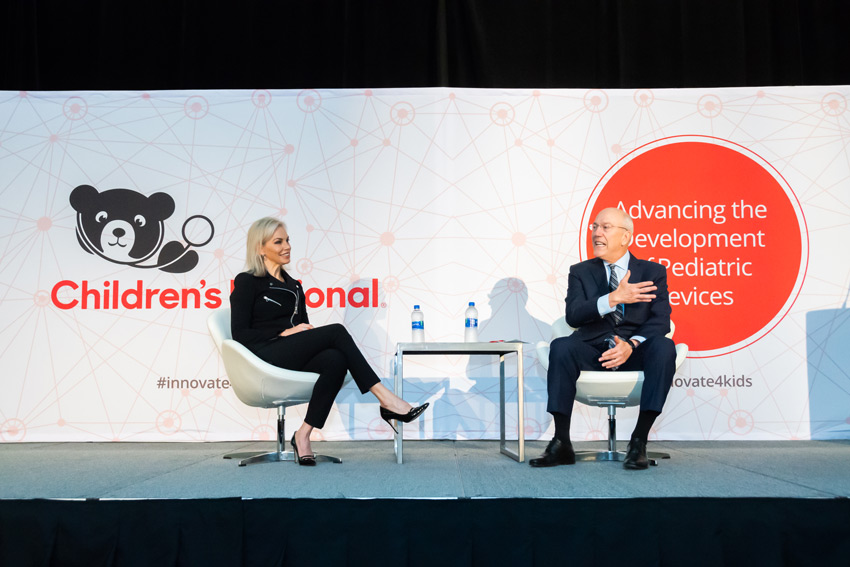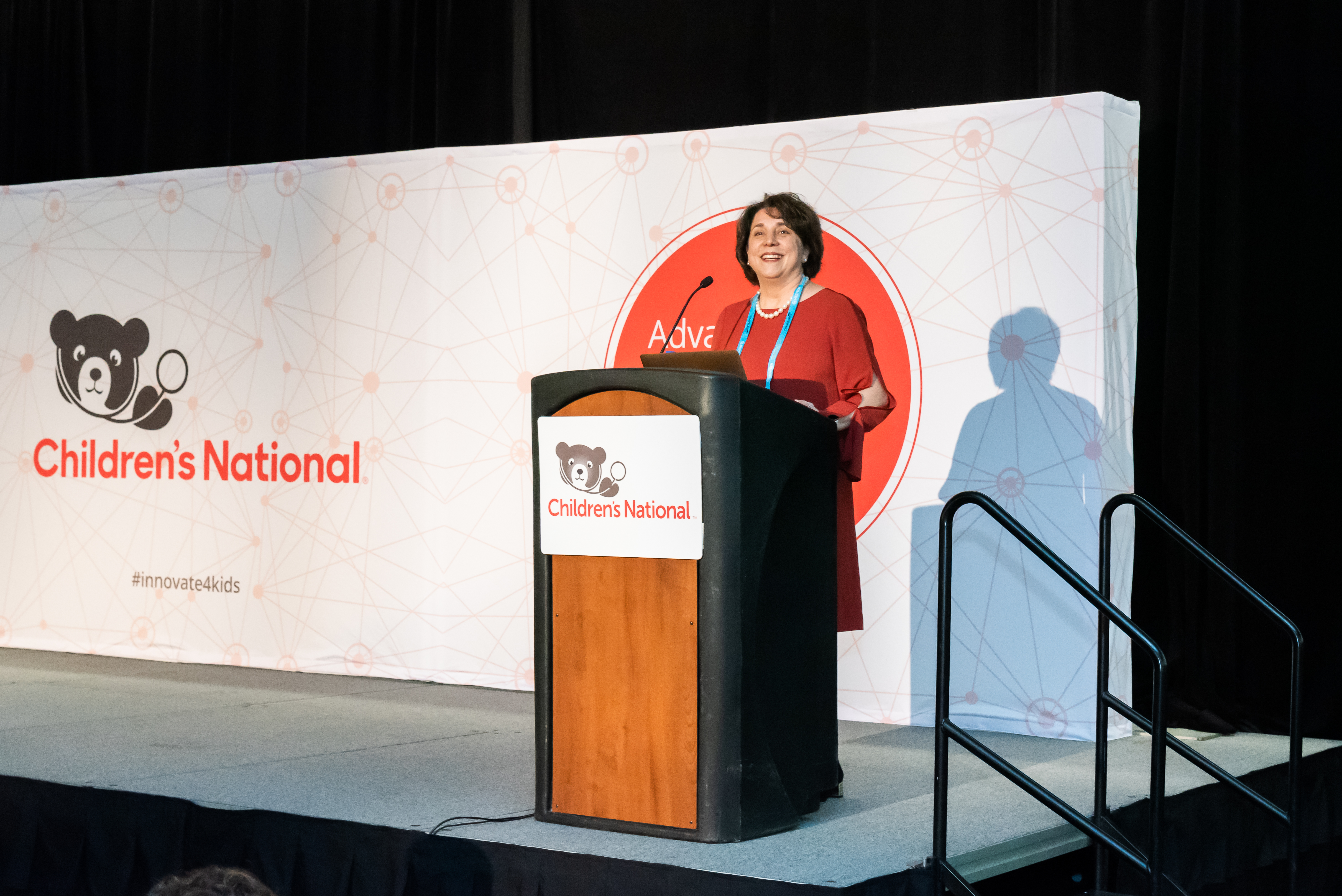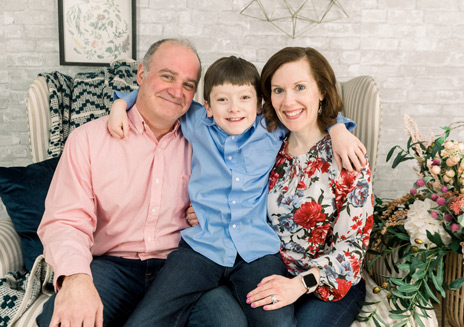Children’s National Research Institute Academic Annual report 2019-2020

Sheikh Zayed Institute for Pediatric Innovation
Introduction to National Capital Consortium for Pediatric Device Innovation (NCC-PDI)
The National Capital Consortium for Pediatric Device Innovation (NCC-PDI) was initially established as a partnership between Children’s National Hospital’s Sheikh Zayed Institute for Pediatric Surgical Innovation and University of Maryland’s A. James Clark School of Engineering in 2013.
Now in its seventh year of operation, NCC-PDI has expanded its membership to two accelerators, BioHealth Innovation and MedTech Innovator, and the medical device design firm Archimedic.
NCC-PDI’s mission is to facilitate the development and commercialization of devices that are indicated for use in pediatric patients or that are intended to treat, diagnose or cure diseases from which pediatric patients suffer. The Consortium has served as an accelerator to medical device innovators in the United States that intend to label their device for use in a pediatric population or subpopulation. The Food and Drug Administration’s annual report to Congress on “Premarket Approval [PMA] of Pediatric Uses of Devices FY [fiscal year] 2017” indicates that over a 10-year period (2008-2017), only 24 percent of the total PMA and humanitarian device exemption (HDE) approvals in each fiscal year have an indication that includes a pediatric population or subpopulation. The report also indicates that since FY 2008, the largest number of such PMA and HDE approvals (18) was in FY 2017. That represents formidable progress. A closer look at the data, however, suggests that most of those approved devices are labeled for adolescents (12 through 21 years of age) and for older adults. A significant unmet need remains for devices labeled for neonates (birth to 1 month of age), infants (1 month to 2 years of age), and children (2 to 12 years of age).
Additional incentives for device innovators would help to reverse the current lagging trend of pediatric device approvals in comparison with drug and biologics approvals."
In 2015, Kolaleh Eskandanian, Ph.D., M.B.A., P.M.P. principal investigator of the NCC-PDI, and colleagues published a viewpoint in JAMA [Journal of the American Medical Association] Pediatrics, titled “Lessons from Drugs to Devices: A Pediatric Perspective.” She noted that “the testing and approval of high-risk medical devices in children younger than 18 years remain extremely uncommon.” As of 2019, that observation remains true. We know that incentives in the form of legislation and availability of grant programs have greatly facilitated the development of orphan drugs. Although drug and device development follow inherently different pathways, helpful lessons may be learned from the drug world. Additional incentives for device innovators would help to reverse the current lagging trend of pediatric device approvals in comparison with drug and biologics approvals.

NCC-PDI’s long-term goal is to contribute to the national effort to bring more pediatric devices to market. Our short-term and operational goals are to continuously enhance our capabilities in providing expert advising and support services to innovators of pediatric medical devices, focusing on the total product life cycle for medical devices from concept, through premarket development, to commercialization, and to replacement by subsequent generations of devices. NCC-PDI’s 6-year report card (ending in August 2019) shows that the 104 device projects that came through our accelerator program were able to raise $148,680,256 in follow-on funding, and five medical devices were cleared to market either by the FDA or through CE (Conformitè Europëenne) mark of approval.

